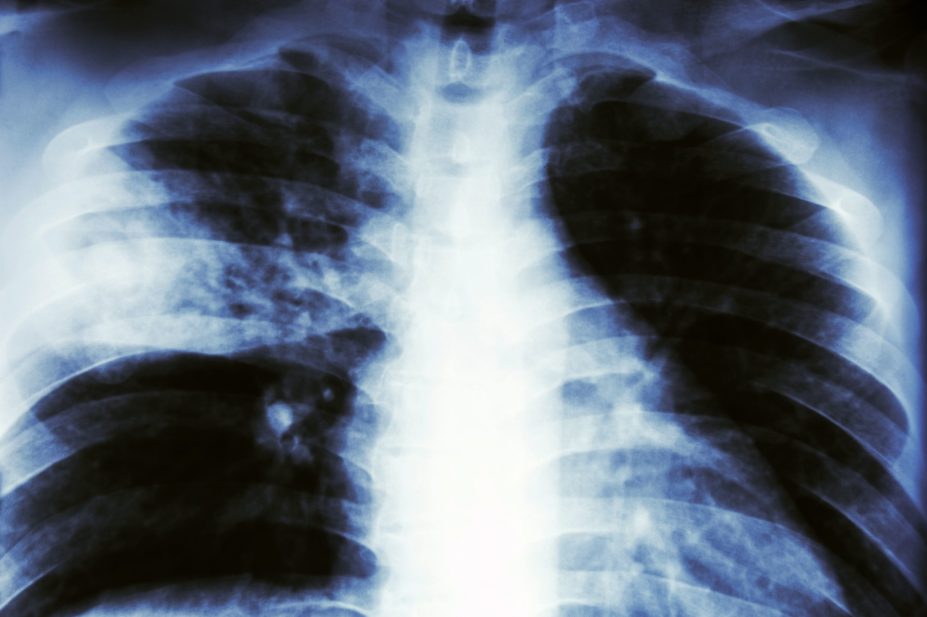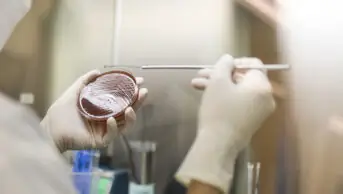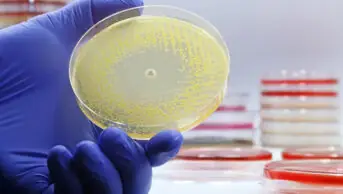
Shutterstock.com
The development of a new imaging tool that diagnoses bacterial lung infections in just 60 seconds has received a £2.9m boost from the Wellcome Trust and CARB-X, a major international initiative to tackle antibiotic resistance co-funded by the Wellcome Trust and the United States government.
The tool, the result of an interdisciplinary collaboration called Proteus, works by using chemicals that light up when they attach to specific types of bacteria. The fluorescence is then detected by fibre-optic tubes threaded inside a patient’s lungs.
The researchers behind the technology, from the University of Edinburgh, University of Bath and Heriot-Watt University, are currently focusing on using it to help individuals in intensive care with suspected pneumonia who are being ventilated to help them breathe.
Usually in this case, doctors would rely on x-rays and blood tests for diagnosis, which can be slow and imprecise, and patients are often treated with antibiotics as a precaution, which can expose them to side effects as well as fuel antibiotic resistance.
“We need to understand disease in patients better so that we can make better decisions at the bedside,” says Kev Dhaliwal, leader of the project and a consultant in respiratory medicine at the University of Edinburgh. “The project brings together scientists and clinicians from all corners of the UK to develop technology that can help us spot disease in real time and help us to give the right treatments at the right time.
“The rise of antimicrobial resistance is the biggest challenge in modern medicine and the support and mentorship from CARB-X will accelerate the development of this technology to be ready for clinical use faster.”
The project has also been supported by the UK’s Engineering and Physical Sciences Research Council with additional support from the Wellcome Trust and Medical Research Council.


